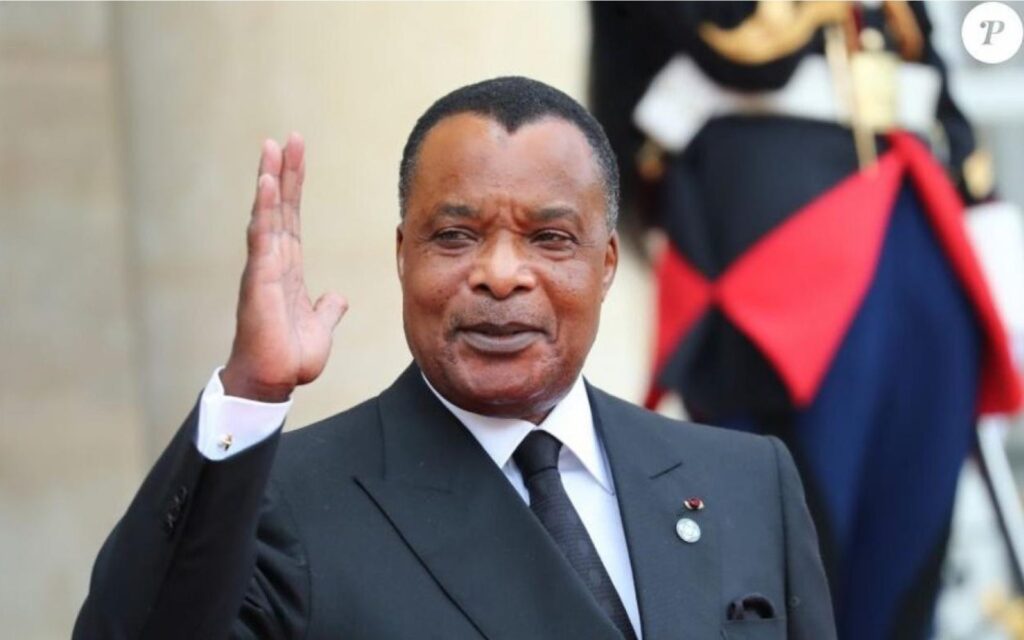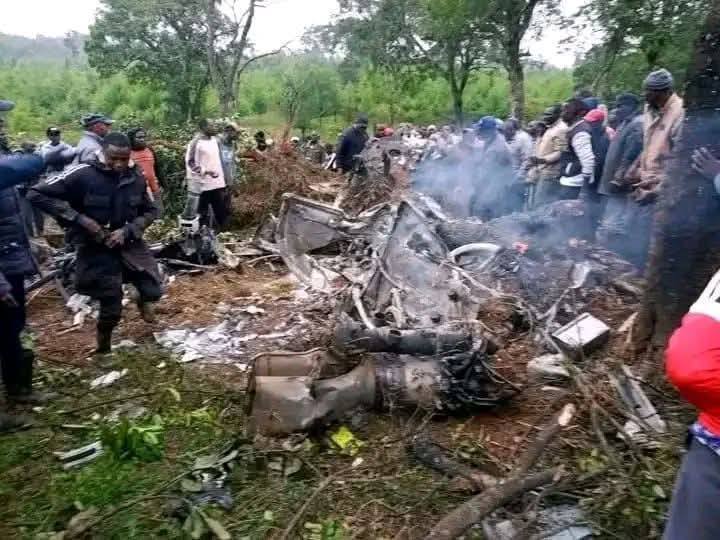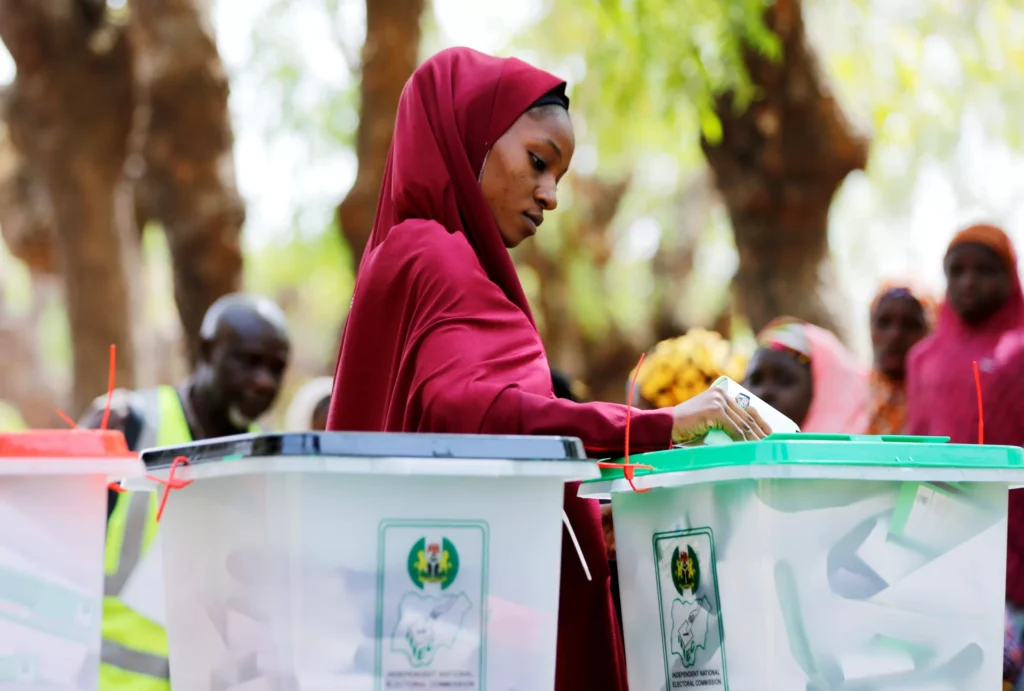
South Africa’s aspirations for its G20 presidency are facing significant hurdles as the United States expresses strong opposition to its agenda. South Africa had hoped to use its G20 leadership to spotlight issues like inequality, rising sovereign debt, and climate change. However, Washington’s objections, notably from Secretary of State Marco Rubio, threaten to undermine these efforts.
On February 6, Rubio condemned South Africa’s G20 goals as “very bad” and announced that he would skip next week’s G20 meetings in Johannesburg. Additionally, President Donald Trump reduced U.S. financial assistance to South Africa, citing disapproval of the country’s land redistribution policy and its position on the International Court of Justice’s case involving Israel.
“The U.S. stance seems aimed at ensuring South Africa doesn’t hold a successful G20 presidency,” said Ongama Mtimka, acting director at Nelson Mandela University’s Raymond Mhlaba Center for Governance and Leadership.
The G20, which was established after the 2007-08 financial crisis to include emerging economies in discussions previously dominated by the Group of Seven (G7), is crucial in shaping global financial and economic policies. It is also seen as key in tackling climate change, with G20 nations contributing to 85% of the global economy and over three-quarters of emissions.
However, U.S. hostility casts doubt on the forum’s continued relevance, according to analysts. David Monyae, director of the Centre for Africa-China Studies at the University of Johannesburg, warned, “What is G20 without the United States? It could signal the collapse of the G20 process itself.”
Despite U.S. opposition, South Africa remains resolute. Foreign ministry spokesperson Chrispin Phiri affirmed that Pretoria has “strong support from other G20 countries” and would continue pursuing its priorities, including addressing climate change and advocating for fairer finance for poorer nations.
Analysts predict that the absence of U.S. support could shift the G20’s leadership toward China and Russia. China, which has been active in supporting emerging economies, is expected to have a prominent role at the upcoming G20 meetings. Foreign Minister Wang Yi is scheduled to attend the Johannesburg meetings, as is Russian Foreign Minister Sergei Lavrov.
“China attaches great importance to G20 cooperation and is willing to support South Africa’s presidency,” the Chinese foreign ministry stated.
The G20 foreign ministers’ meeting will be followed by a finance ministers’ meeting on February 26-27. U.S. Treasury Secretary Scott Bessent has yet to confirm his attendance.
South Africa will hold the G20 presidency until December, when it hands over to the United States, with a leaders’ summit scheduled for November.




